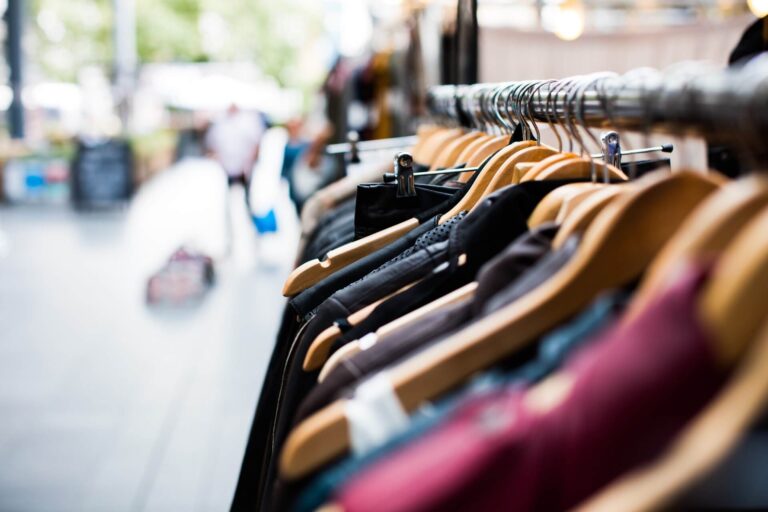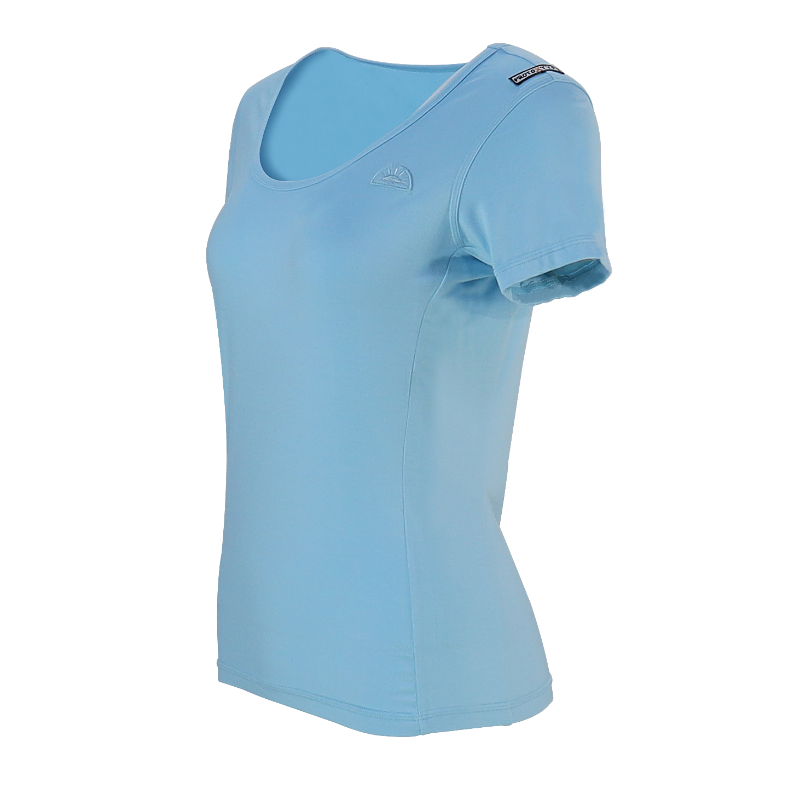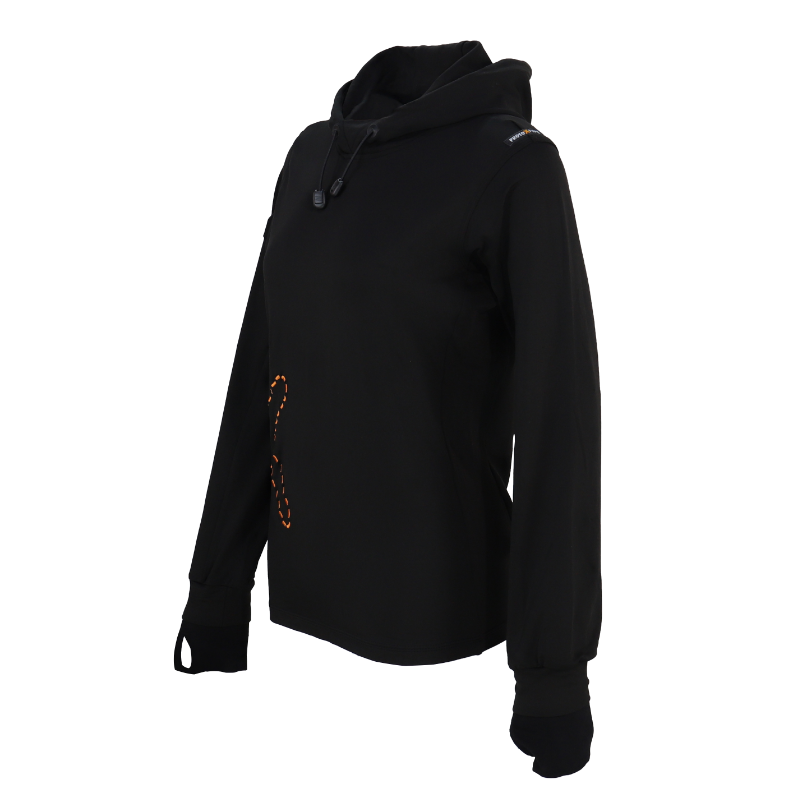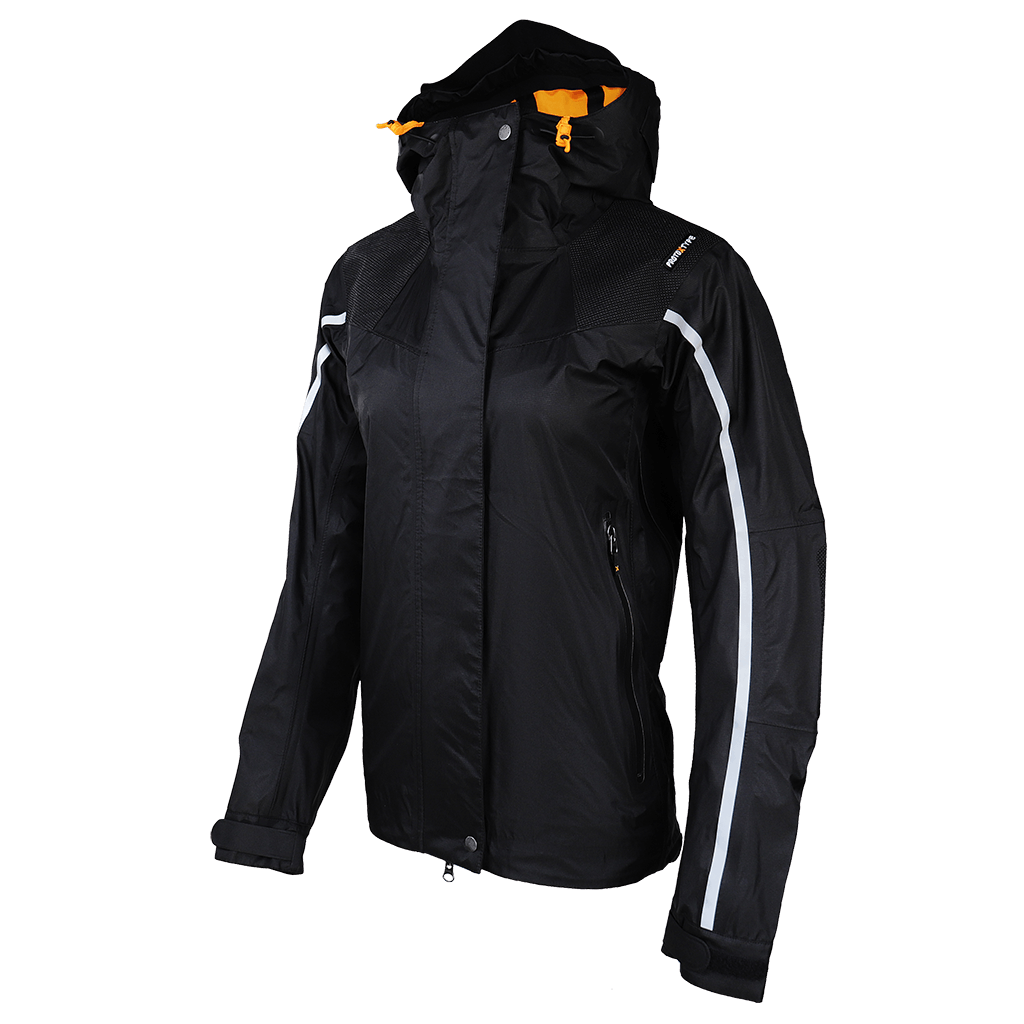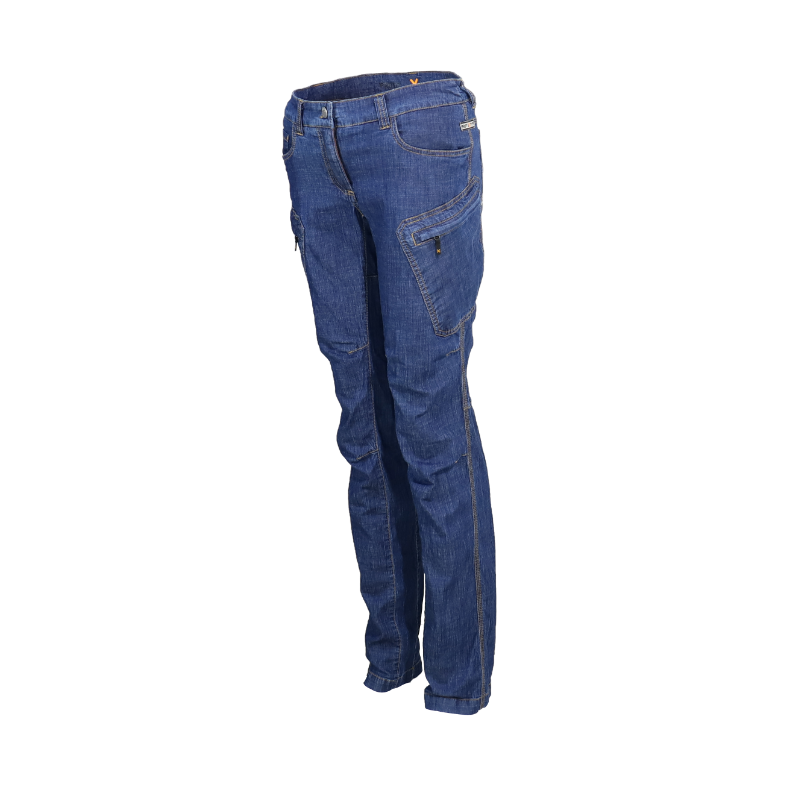The respect and attention for our planet is increasing more and more: separate waste collection, biodegradable bags, elimination of plastic tableware and cotton buds are just some of the steps that are being taken for a more sustainable future. On the other hand, the continuous economic progress combined with the constant demographic growth is exponentially increasing the demand for products of all kinds, including fabrics. The entire textile supply chain will have to face enormous challenges in terms of resources and pollution: the textile industry has a significant impact on the global consumption of water and on the emissions of greenhouse gases present in the atmosphere. It will therefore be necessary to develop new technologies in the short term that help reduce the impact on the environment and adapt production processes so that they are able to recycle waste or recovered fabrics as much as possible.
For this reason, it is very important to encourage consumers to switch to ecological fabrics and recycled fabrics, capable of reducing the environmental impact and the waste of resources.
The UN also presented the “Alliance for Sustainable Fashion” program during the Environment Assembly in Nairobi, Kenya, on March 14, 2019. The goal is to combat all those behaviors that damage the environment and society, such as poor materials, exploitation of workers or water pollution.
So here are a couple of alternatives that we can follow today to help our environment.
Recycled fabrics Recycled fabrics include all waste deriving from production as well as all those fabrics (clothing but not only) that can be recovered and brought back to new life. Currently less than 1% of the material used to make clothes is recycled to produce others, but several companies and startups are already moving in this direction.
Eco-friendly fabrics Eco-friendly fabrics include all those fabrics that are of natural origin (such as cotton or silk) but which are also produced and processed in the respect of the environment. Goose feathers are an example: sustainable harvesting must be done with respect for animals, prohibiting force-feeding or plucking live animals. Only in this way the collected feathers can be considered environmentally friendly.

